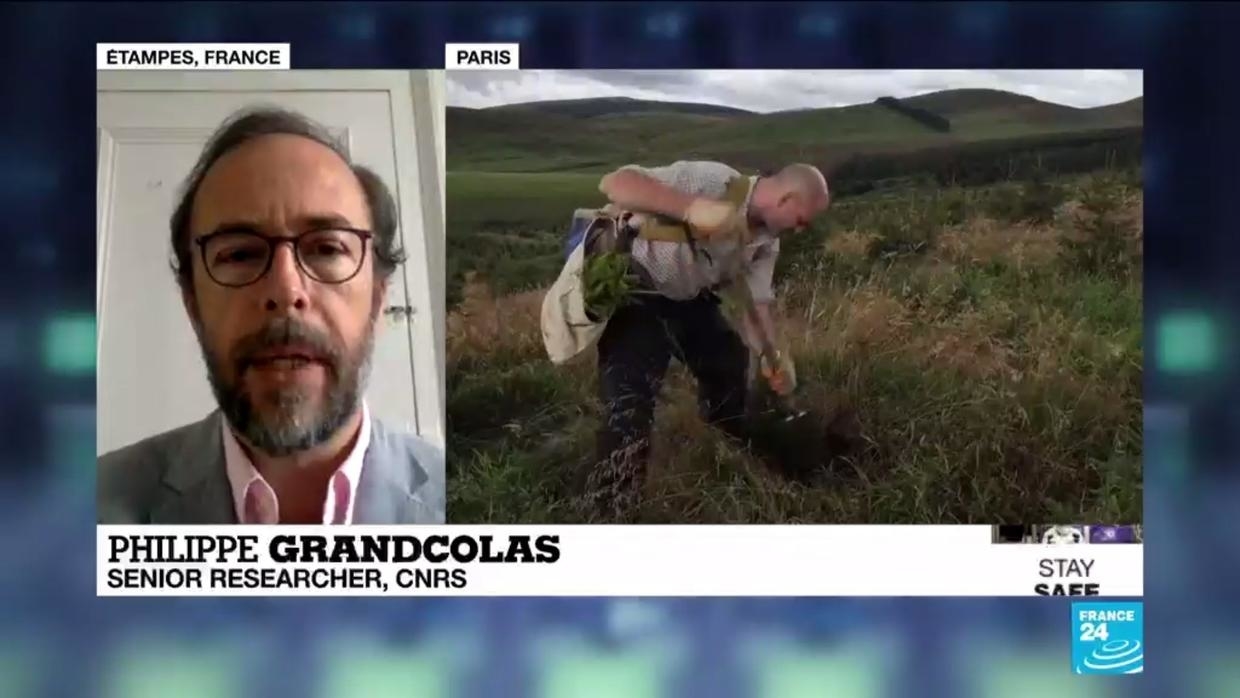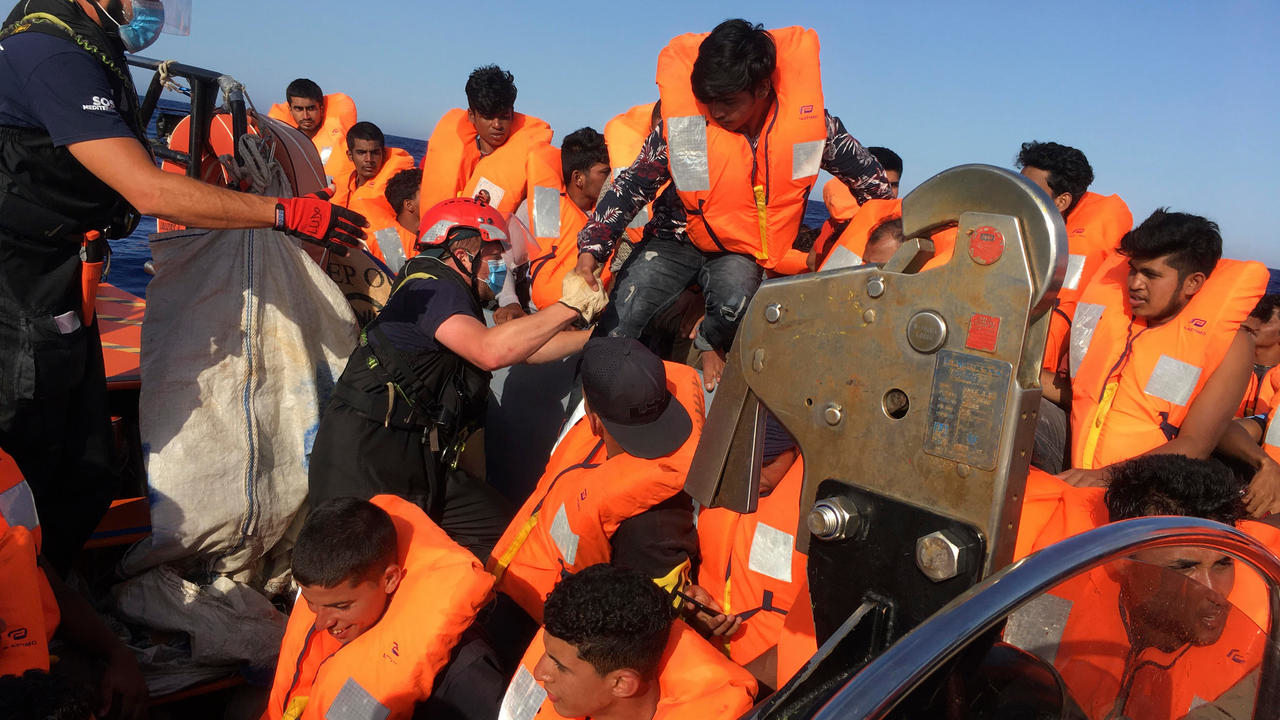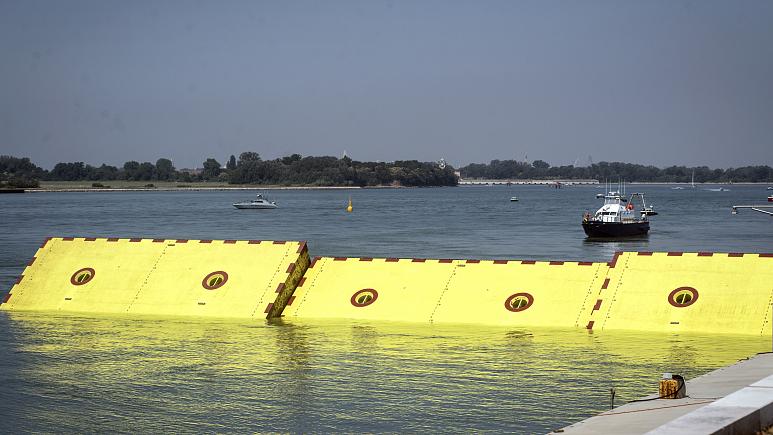Animal trafficking, ‘wet markets’ increase human exposure to viruses, says top biodiversity researcher

Issued on: Modified:
Philippe Grandcolas, a senior researcher at Frances National Centre for Scientific Research, told FRANCE 24 on the International Day of Biodiversity on Friday that decades of deforestation and pollution have been "a disaster" and that animal trafficking puts humans at risk of viral infections.
Advertising
Read more
Grandcolas, who leads the biodiversity laboratory at Frances Natural History Museum, said that viruses are part of the planets natural environment, but that animal trafficking and "wet markets" in cities can lead to human exposure.
“We need to educate people and try to break the connection between people that are using animals for food in a traditional way and the big cities where these kinds of food and markets should not be developed anymore,” he said.
“Its … also a matter of economic policy to replace the income [made by] these people poaching and trafficking by other kinds of incomes that could be more beneficial to society.”
Grandcolas spoke to FRANCE 24 two days after the European Commission unveiled plans to build a more sustainable food system, insisting on the need to both reduce the use of pesticides and promote organic farming, and protect biodiversity across the 27-nation bloc.
In line with its ambition of cutting greenhouse gas emissions to zero by mid-century, the EU's executive arm wants to halve the use of chemical pesticides by 2030 and to ensure that at least 25 percent of agricultural land is reserved for organic farming, compared to 8 percent at the moment. The commission also wants to plant at least three billion trees over the next 10 years.
According to EU figures, agricultural activities generate about 10 percent of total greenhouse gas emissions.
“Nature is vital for our pRead More – Source
[contf]
[contfnew]

france24
[contfnewc]
[contfnewc]

















